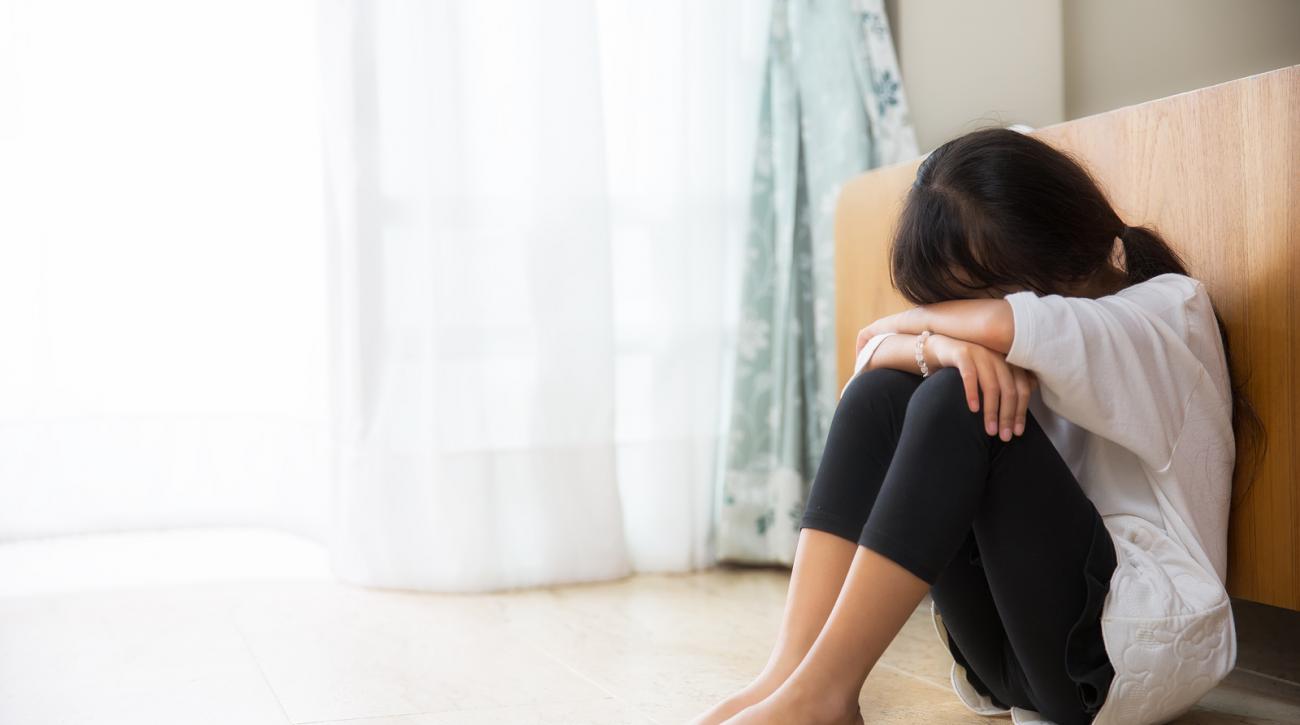People who experience abuse or other adverse events in childhood face higher lifetime risks for several diseases, including cancer, but those risks may not be evenly distributed. When researchers examined eight kinds of adverse childhood experiences, they found seven of those experiences to be associated with higher cancer risks in women, whereas only one – emotional abuse – was linked to greater cancer risk in men. They report their findings in the Editor’s Choice selection of the latest issue of the journal Women’s Health Issues, “Gender Differences in the Association between Adverse Childhood Experiences and Cancer.”
Women’s Health Issues is the official journal of the Jacobs Institute of Women’s Health, which is based in the Department of Health Policy and Management at Milken Institute School of Public Health (Milken Institute SPH) at the George Washington University.
Study author Héctor E. Alcalá, now at Stony Brook University, and his UCLA colleagues (Janet Tomiyama and Ondine von Ehrenstein) used data on more than 100,000 U.S. adults from 10 states who responded to the 2011 Behavioral Risk Factor Surveillance System survey. The authors examined eight kinds of adverse childhood experiences (ACEs): physical abuse, emotional abuse, sexual abuse, living with someone who was mentally ill, living with a problem drinker, living with a drug user, living in a household where adults treated each other violently, and having parents who were separated or divorced.
Read more


